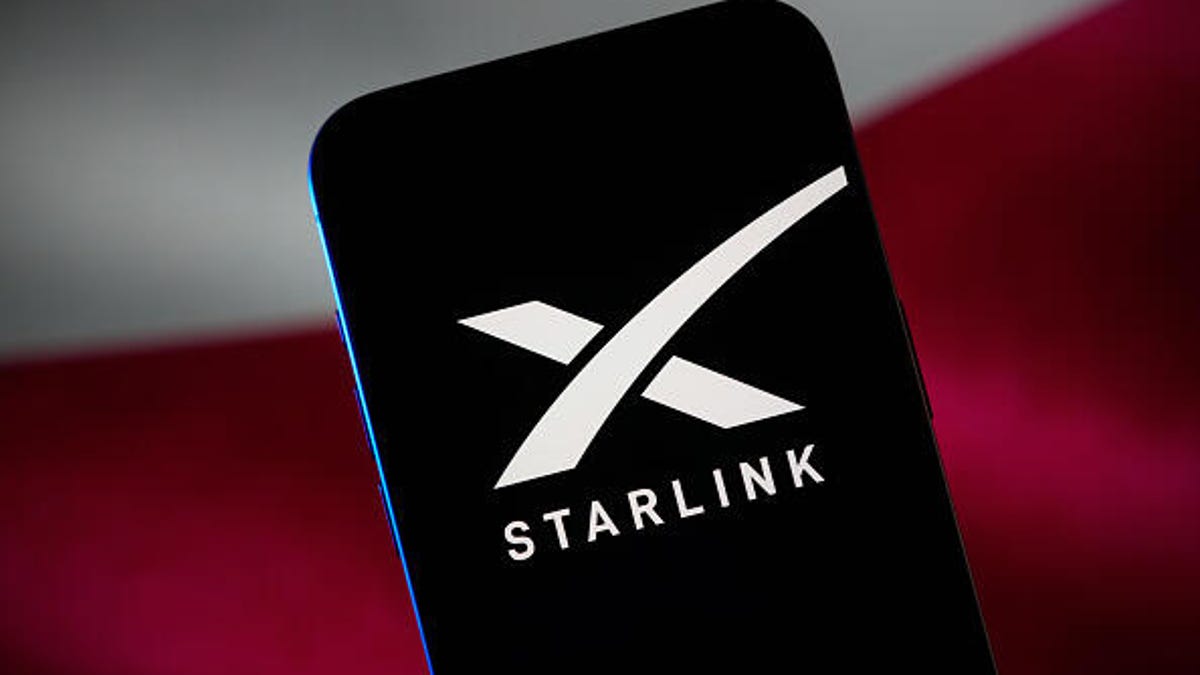If you’re new to Starlink, don’t be surprised if you get a notice warning you about your copyright infringement, regardless of whether you’ve downloaded copyrighted material or not.
These types of notices aren’t unique to Starlink, but as a professional lurker on ISP sub-Reddits, I’ve found the satellite provider to be one of the most aggressive of the bunch. I’ve seen dozens of these posts over the years, with many users complaining that they had nothing to do with the infringement described in the notices.
The practice started in 2013, long before Starlink launched its first satellites. That was when Hollywood copyright holders teamed up with internet service providers to create the Copyright Alert System, a joint effort to fight copyright infringement by identifying IP addresses that downloaded illegal content. It sent out more than a million notices to users in its first 10 months, but ended with a whimper after failing to make a dent in piracy over its four years.
Today, the framework established between ISPs and copyright holders lives on. If you download a copyrighted piece of content illegally — meaning you don’t pay for it — the copyright holder can notify your internet provider.
Courts have consistently ruled in favor of copyright holders, who argue that ISPs broke the law by refusing to disconnect customers who pirated content. The Supreme Court will decide in December whether to uphold $1 billion in damages against Cox Communications for this very issue.
All of that is to say, ISPs are likely taking copyright complaints more seriously than ever. But being falsely accused appears more common with Starlink than other major internet providers.
That’s because Starlink uses a technique called CGNAT, or carrier-grade network address translation. This essentially means that Starlink allocates one IP address to multiple homes, which can result in you getting blamed for your neighbor’s torrenting, a file-sharing protocol that has legitimate uses but is often used to download copyrighted material.
CGNAT is typically only used by smaller ISPs, which can struggle to get a massive allocation of individual IP addresses for their users.
A Carrier-grade network address translation (CGNAT) allows a public IP address to be shared by multiple private customers.
If you’ve received one of these notices and haven’t downloaded any copyrighted content, your best recourse is to appeal it to Starlink by submitting a ticket. According to Starlink customers on Reddit, the company is generally willing to hear customers out before disconnecting service.
If you’re troubled by the thought of having your online activity scrutinized by Starlink, I’d recommend signing up for a virtual private network service, or VPN. When a VPN is enabled, your internet activity is hidden from your ISP, making it appear as though you’re connecting from a different city, state or country.
A Virtual Private Network (VPN) encrypts your internet traffic and routes it through a secure server. This process masks your real IP address, hides your activity from entities like your ISP, and can be used to bypass geo-restrictions.
How to use a VPN with Starlink
Using a VPN with Starlink is the same as using a VPN with any other internet provider. You’ll have to sign up for a service and enable it on every device on which you want to hide your traffic.
Starlink recommends sticking to three VPN protocols that work best with CGNAT: SSTP, OpenVPN and WireGuard. (All of our recommended VPNs support OpenVPN and WireGuard.) The company says PPTP and L2TP generally do not work well with Starlink.
Our highest-rated VPNs generally cost between $10 and $15 for a month or between $60 and $75 for your first year. There are plenty of free VPNs out there, but I’d be wary of them. One recent study of free VPNs found that nearly two-thirds of them put users’ data at risk. If your budget doesn’t have room for a VPN subscription, Proton VPN offers a reasonable free plan.
“With a strictly free VPN, you are the product,” says CNET Senior Writer Attila Tomaschek. “The only free VPN CNET recommends is Proton VPN’s free tier, which is supported by the company’s premium products and doesn’t compromise on privacy.”
Unfortunately, Starlink does not allow you to install a VPN directly onto their routers, which can be a convenient way to camouflage the entirety of your internet traffic. If you want to go this route, you’ll have to purchase a separate Wi-Fi router and use the Starlink app to enable bypass mode.
Read the full article here


